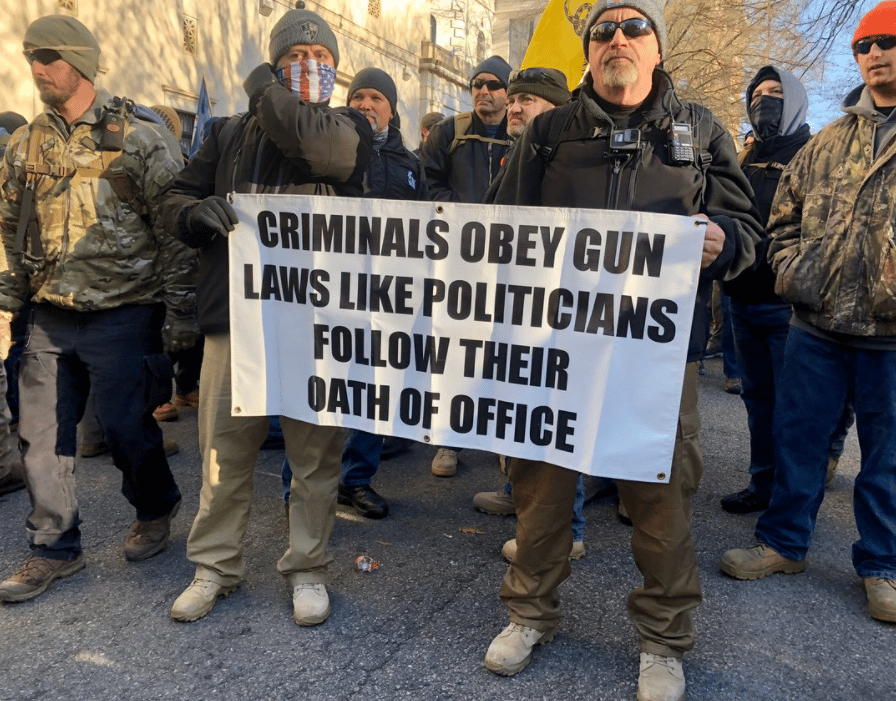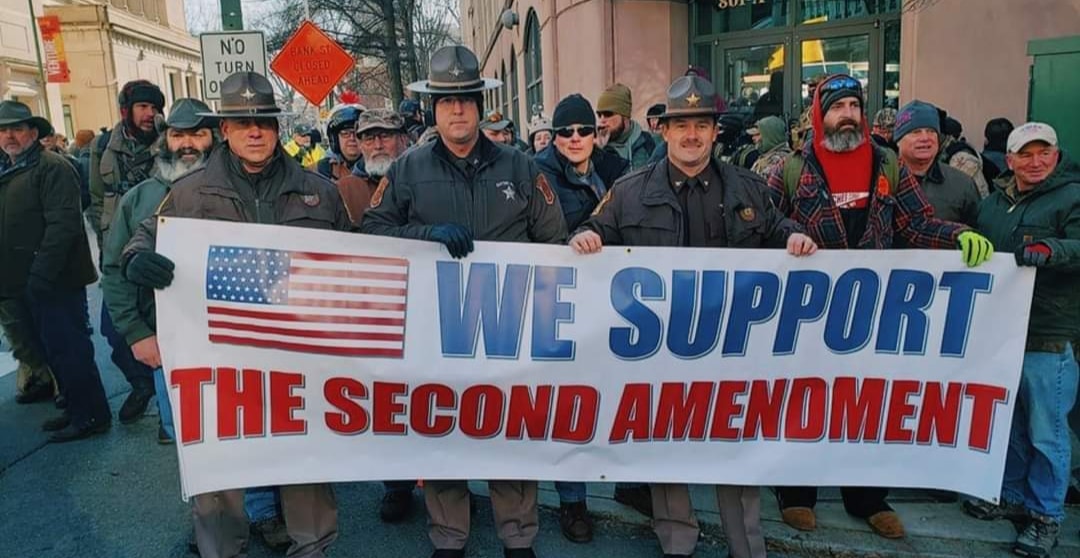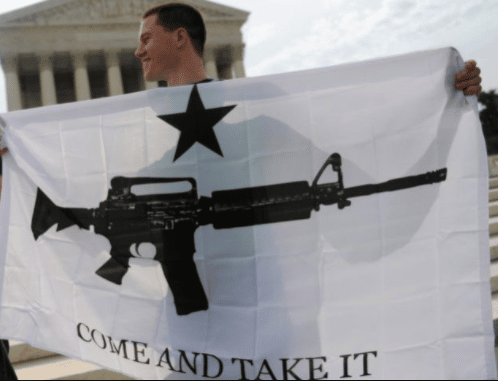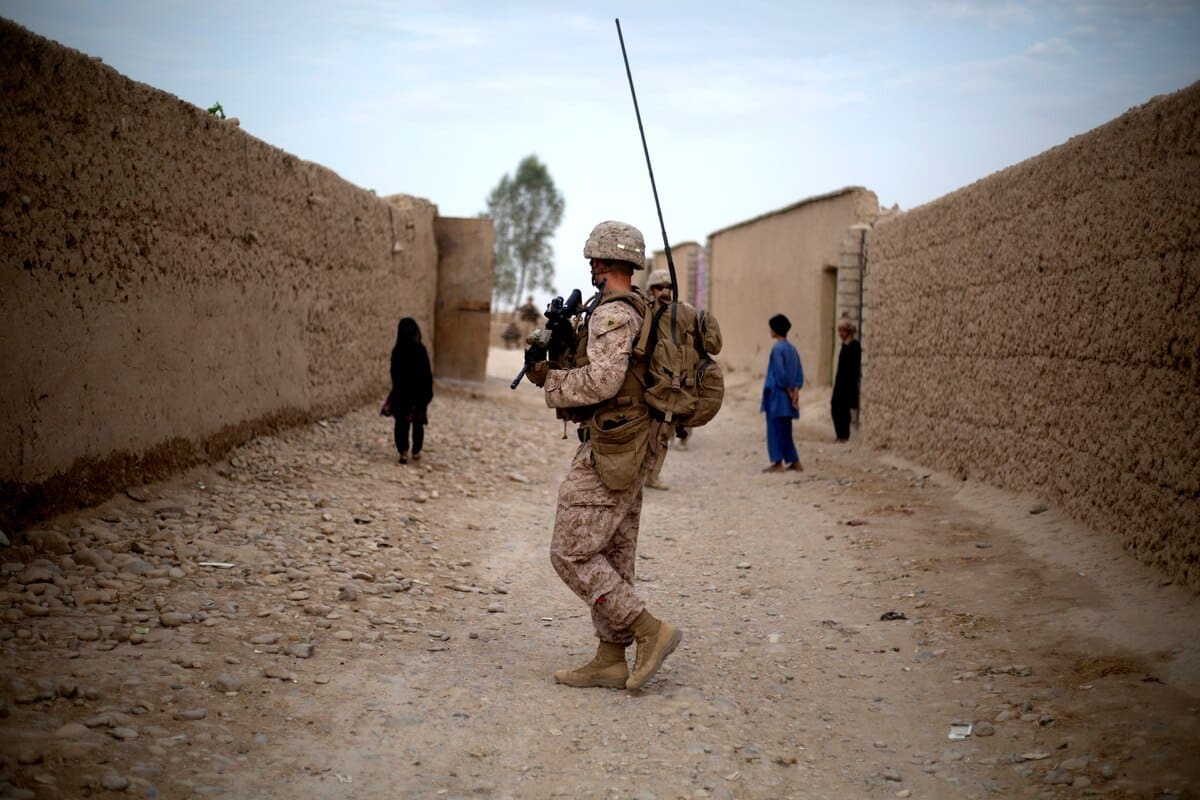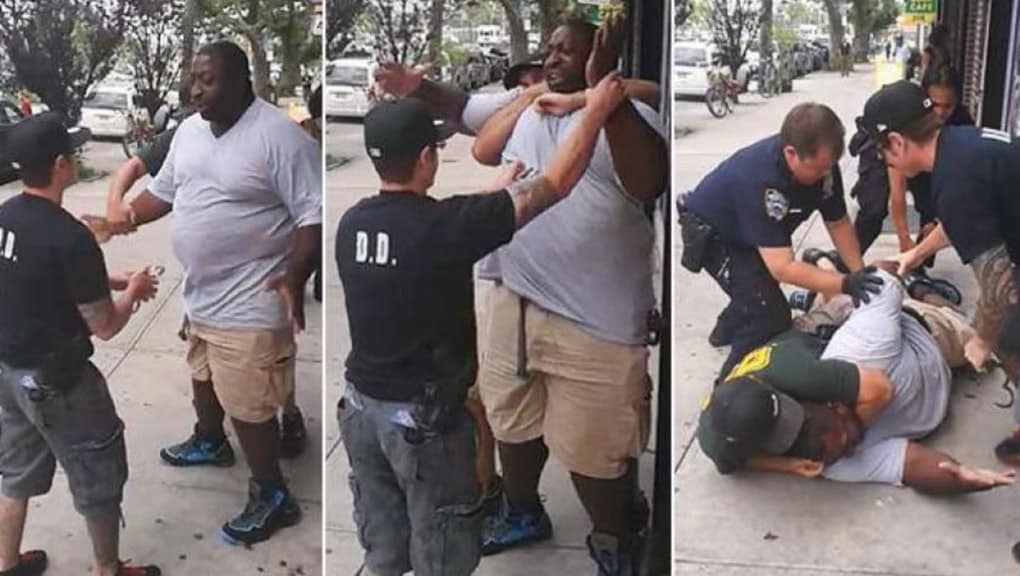“I was just following orders” is the mantra of everyone who has found themselves on the wrong side of history - who is called into account for their actions as an order taker. How is it possible that everyone from corrupt mayors, to murderous tyrants have been able to...




